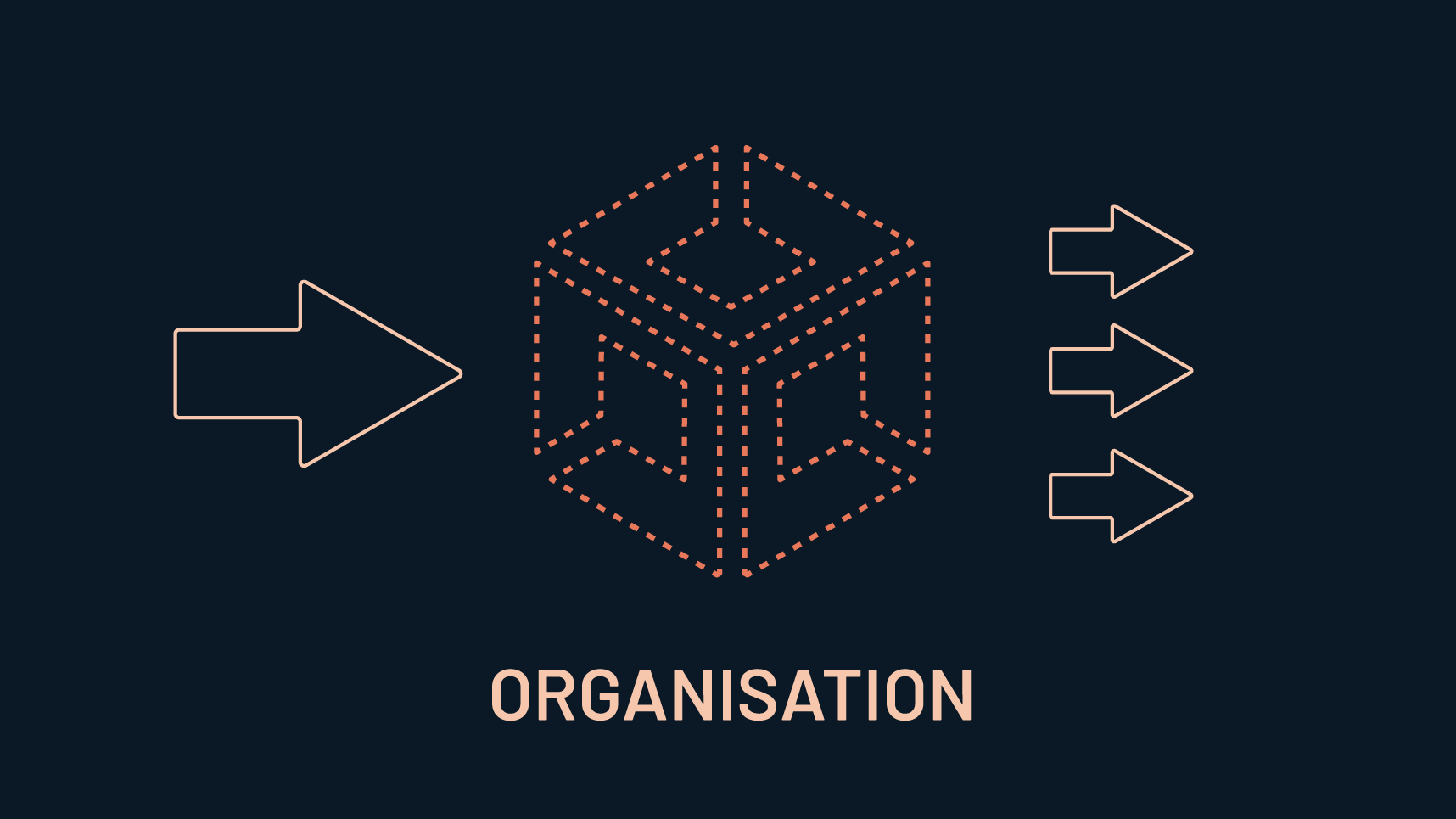This research dives into how diverse actors within the construction and real estate sectors are adapting to emerging technologies, like digital twins. We aim to understand how these adaptations not only affect collaboration dynamics but also contribute to tangible value creation.
The research, located at the Department of Real Estate and Construction Management, is designed as a doctoral project focusing on the role of property owners and developers, also as clients in construction projects, in finding new ways of operating, organising, and learning based on new digital technologies. By examining their strategies and initiatives, we aim to uncover valuable insights into the adoption and implementation of digital technologies across the construction and real estate sectors.
History shows that industrial progress, regardless of sector, occurs through interactive learning processes over time between producers and users, that is, suppliers and customers. This implies that the benefits of new technology (economic or other) emerge over time through interactive processes between organisations. Also, industrial development processes often lead to a transformation of established roles and positions, as well as the rise and fall of businesses.
The outcome for individual companies and organisations largely depends on their ability to adapt, where the reorganisation of value creation and management strategies can be decisive. Therefore it is interesting to investigate the dynamic capabilities, or adaptability, among key industry actors, not least property owners and developers, also acting clients in construction projects, as digital tools become more integrated into the construction and real estate sectors. Adaptability refers to the ability to integrate, build, and reconfigure internal and external competencies to manage a dynamic context, which needs to occur in interaction with other companies and organisations.
More specifically the project is identifying interaction and adaptation patterns among organisations affected by the increased use of digital technologies and associated processes, particularly property owners and developers. This includes pinpointing existing actor, resource, and activity structures as well as emerging interaction and adaptation patterns related to the utilization of digital technologies and how these are generating value for specific companies and organisations, particularly property owners and developers and how this is part of driving transformative change.
The research theme collaborates with the research theme Business Models.
Contacts Organisation

Malena Havenvid
Associate Professor
Profile

